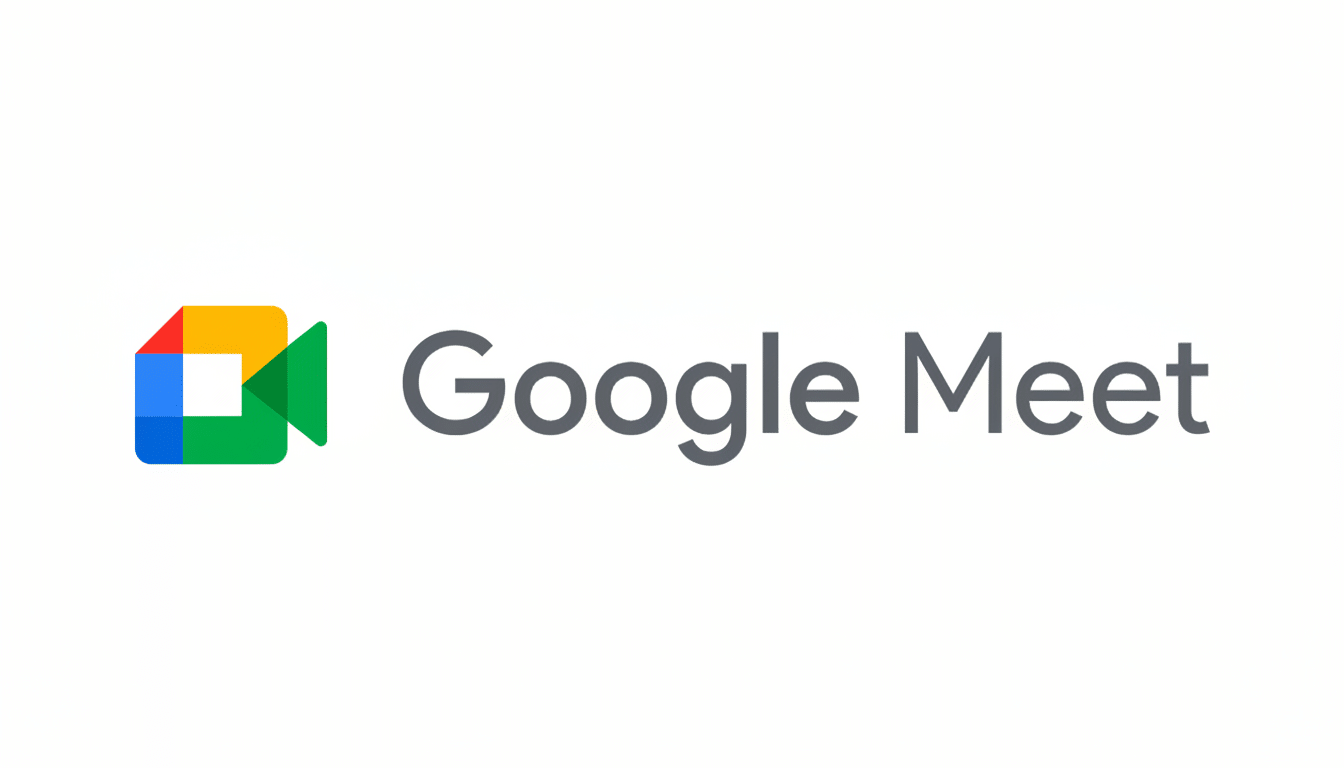Google is clamping down on unwanted meeting guests. A fresh Google Meet update automatically refreshes meeting links for repeating events when organizers adjust a series’ start time or frequency, preventing old URLs from hanging out in inboxes and chat threads forever. All the information remains intact — your hosts and co-hosts, access restrictions, and recording permissions — but a new link is created for next time.
It’s an elementary patch to an enduring problem: those reused links provide a ready attack surface. If a recurring meeting has the same URL, anyone who saved it — knowingly or not — can slide right back in later. Rotating links on significant edits is a way of closing that loophole without adding friction for honest participants.

What Changed and Why It Matters for Meeting Security
Editing a series of recurring events now generates a new, unique Meet link for all future events in the series, Google’s Workspace team says. The original pre-scheduled one still works if you’ve sent that URL, but new meetings use the latest URL. That at least matches conventional security guidance to enterprise IT: rotate access tokens when context shifts.
The change is in response to lessons learned after the first wave of so-called “video bombing” instances. Publicly shared, or expired, meeting links were the No. 1 cause of disruptions, law enforcement agencies including the F.B.I. warned. Stronger host controls may have tamped down much of the chaos, but link hygiene is a frontline defense — particularly in education and larger organizations where recurring meetings are rampant.
Importantly, administrators will not need to reconstruct governance anew each time. Host management settings, recording permissions, and participant access rules will copy across automatically. That keeps consistency while reducing the danger of ancient URLs remaining in circulation outside the viewers you intend to include.
How Link Rotation Works in Realistic, Everyday Use
Take, for example, a weekly staff sync that moves from 9:00 to 9:30 or goes from weekly to every two weeks. Until now, the Meet link remained identical — and so did the threat. For subsequent occurrences, editing the series creates a new link. Participants receive the updated information through their calendar invites, and organizers can remind teams to start using the refreshed URL.
The update works alongside current Meet protections. With host controls, organizers can lock a session and require approval for entry, restrict screen sharing, or limit joining a meeting to users within the same domain. Together with link generation, that’s defense in depth: if a link slips by, it becomes obsolete when the series changes — and gatekeeping is still there.

One nuance, Google points out: the original link remains active for the first version of a recurring meeting. It makes sense for allowing chaining to continue working, without the next session needing to reference a single, infinitely renewable URL.
Security Impact to Schools and Enterprises
Teams from education, government, and health care often coordinate dozens of recurring sessions. In those settings, links permeate — in parent newsletters, learning platforms, and filed emails. When organizers regenerate URLs every time the schedule shifts, it lessens the possibility that old students, contractors, or random others can pop back into a class six months after the fact.
And for companies, the enhancement also fixes typical leak formats. Links typically end up in external email threads, project trackers, or customer tickets. By cycling the URL on major edits, organizations reduce the gap in time during which an uninvited guest can join, all while maintaining the effortless joining experience for invited participants.
While there have been countless security reports, such as the annual takes from the Verizon Data Breach Investigations Report that point to malicious activity, they all highlight how humans are at the heart of the issue. Regenerating meeting links by no means solves human error, but it at least narrows the blast radius when a link is forwarded or brought into an insecure setting.
What IT Teams Need to Do Next to Enhance Protection
- First, let organizers know they will get a new link for recurring meetings when an edit is made to the timing or frequency, and ensure they check their attendee lists after editing.
- Second, use Meet’s host controls: turn on the option to disable Quick access when necessary, restrict who can present, and require approval for external joiners.
- Third, update internal guides on safe link handling: avoid posting links publicly. Instead of allowing people to post their favorite links in Slack, use calendar invitations, organizational documentation, or portals.
- Lastly, analyze audit logs in Google Workspace to confirm that high-risk meetings are applying the latest policies and identify any suspicious join attempts.
Available to users across all Google Workspace tiers, as well as personal accounts, the update offers a simple security upgrade for one of remote collaboration’s more popular workflows. It doesn’t put an end to meeting mischief altogether, but it does gouge out one of such malfeasance’s longest-running arterial entry points.

